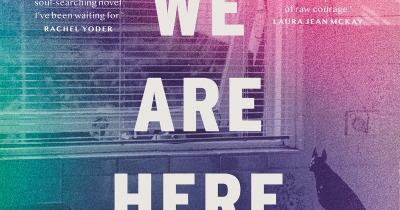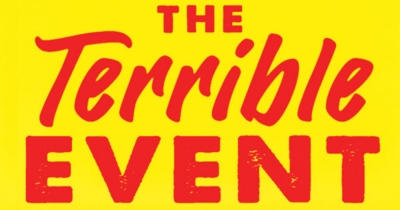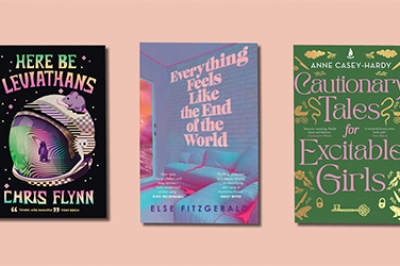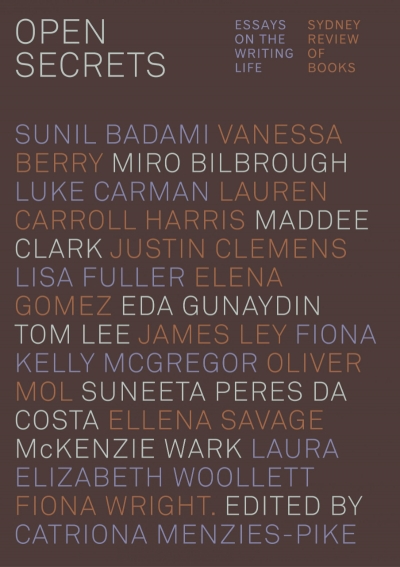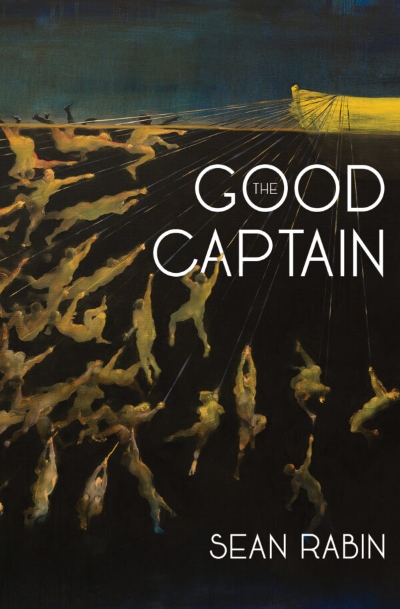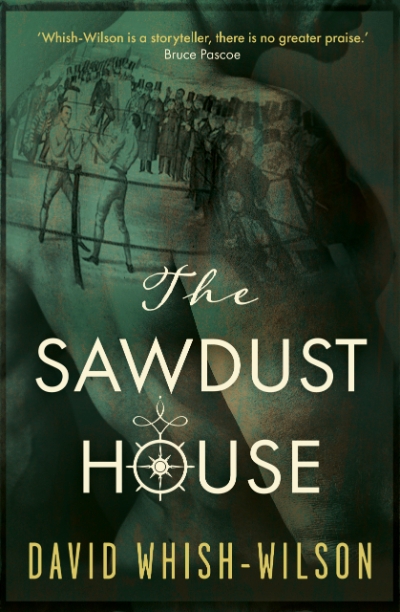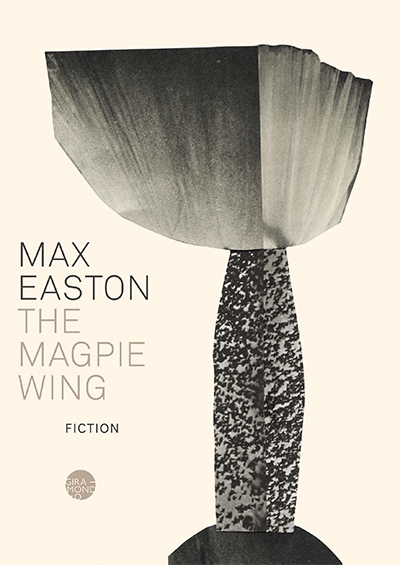Alex Cothren
Kind of, Sort of, Maybe, But Probably Not by Imbi Neeme & All the Words We Know by Bruce Nash
There’s a theory that short fiction is the perfect panacea for modern life. As our attention spans grow weak on a diet of digital gruel and as our free time clogs up with late-night work emails, enter the short story as an efficient fiction-booster administered daily on the commute between suburb and CBD. I love this theory, and I will forever resent Jane Rawson for exposing its flaws in a 2018 Overland article on the subject. Rawson explains that most time-poor readers prefer to dip in and out of long novels, where they can greet familiar worlds without the awkward orientation period required by a new text. In contrast, says Rawson, collections of ‘stories plunge you back into that icy pool of not-knowing every 500, 800, 2000 or 5000 words. Who wants that? Pretty much no-one, if bestseller lists are anything to go by.’
... (read more)Open Secrets: Essays on the writing life edited by Catriona Menzies-Pike
Writers seeking publication are often advised to have an ‘elevator pitch’ ready. These succinct book-hooks are designed to jag a trapped publisher in the wink between a lift door closing and reopening. Has this insane tactic ever actually worked? No idea. But it’s fun to imagine the CEO of Big Sales Books, on their way up to another corner-office day of tallying cricket memoir profits, blindsided by three of the looniest elevator pitches imaginable. A novel narrated by Jackson Pollock’s Blue Poles! A faux political memoir about a prime minister and his shark vendetta! An academic satire cum historical mystery mashup told largely through the – wait, wait, wait! – footnotes of a PhD thesis! That CEO will probably take the stairs next time, but kudos to the independent publishers who saw the potential in these experimental works and their début authors. Whatever the path of weird Australian writing, long may it find its way to these pages.
... (read more)


